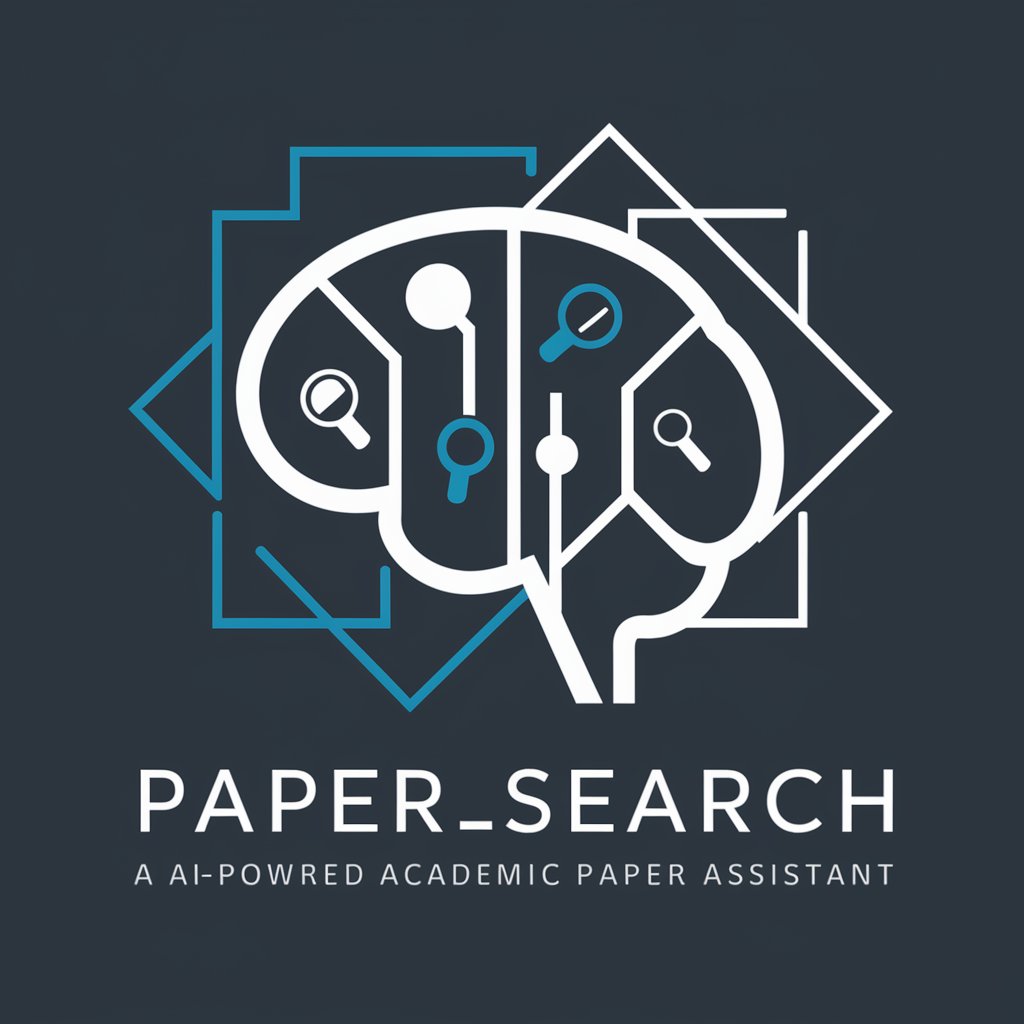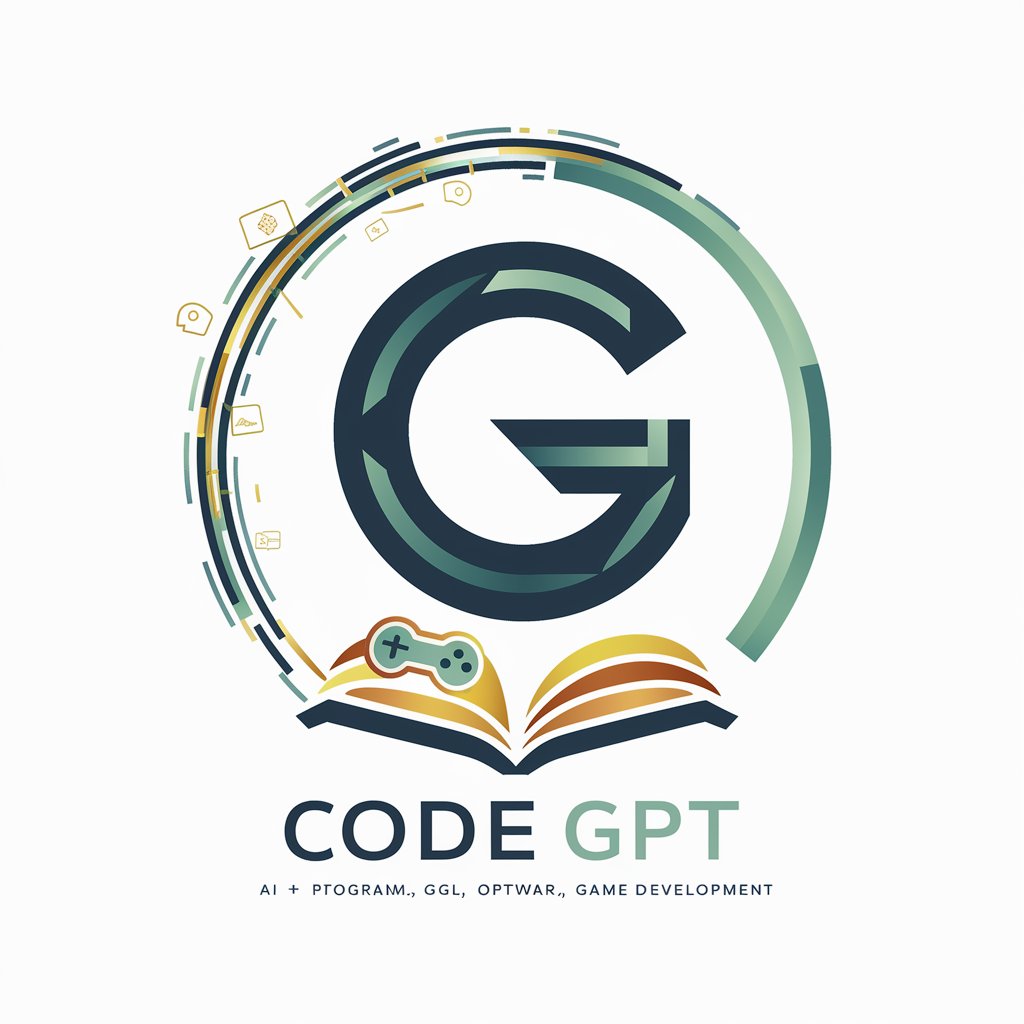ArXivGPT - AI tool for academic research

Welcome to ArXiv Scholar! Ready to explore academic papers?
AI-powered insights for academic papers
Analyze this paper I uploaded in PDF format.
Search Bing for recent developments in astrophysics.
Explain this complex algorithm from an ArXiv paper.
Summarize the key findings of this uploaded research document.
Get Embed Code
Introduction to ArXivGPT
ArXivGPT is a specialized conversational AI designed to assist users in navigating academic papers, particularly those from the ArXiv repository. Its primary purpose is to break down complex scientific theories, summarize papers, and provide detailed explanations that are accessible to a wide range of users. ArXivGPT's design integrates sophisticated natural language processing (NLP) capabilities with scholarly knowledge to enhance the user's ability to engage with research papers. For example, a user can upload a physics paper from ArXiv, and ArXivGPT will offer a comprehensive summary, explain the core equations, and highlight important findings, which can save time and improve comprehension. The tool also provides real-time updates and analysis of research trends across various fields, allowing users to stay informed about the latest developments in their area of interest. Powered by ChatGPT-4o。

Key Functions of ArXivGPT
Detailed Summaries of Academic Papers
Example
A user uploads a machine learning paper on reinforcement learning from ArXiv, and ArXivGPT generates a structured summary that covers the problem statement, methodology, key results, and conclusions.
Scenario
A researcher who is preparing for a literature review on reinforcement learning can upload multiple papers and receive clear, concise summaries that highlight the most important points, saving significant time and effort.
Clarification of Complex Theories or Concepts
Example
A student studying quantum mechanics uploads a paper on entanglement entropy, and ArXivGPT explains the concept in simpler terms, linking it to foundational quantum principles and providing relevant examples.
Scenario
A graduate student struggling to understand a dense mathematical framework in a physics paper can use ArXivGPT to demystify the core concepts and equations, facilitating a deeper understanding of the subject matter.
Trends and Research Insights
Example
A user asks ArXivGPT to provide an analysis of recent trends in deep learning research, and the tool scans the latest ArXiv submissions to identify hot topics such as transformer architectures or self-supervised learning.
Scenario
A data scientist looking to stay updated on cutting-edge developments in AI can use ArXivGPT to receive synthesized insights on emerging research, helping them focus their professional learning efforts more effectively.
Search for Specific Topics and Keywords
Example
A researcher wants to explore papers related to 'neural-symbolic computing,' so they ask ArXivGPT to retrieve and summarize the latest relevant papers from ArXiv.
Scenario
An academic preparing a grant proposal needs to ensure that their project idea is original and cutting-edge. They use ArXivGPT to search for related works on ArXiv and quickly understand how their proposal fits within the current research landscape.
Assistance in Technical Paper Writing
Example
A researcher uses ArXivGPT to analyze the structure and phrasing of an existing paper and requests feedback on how to improve the clarity and technical language of their own draft.
Scenario
A postdoctoral researcher drafting a journal paper asks ArXivGPT to suggest better ways to articulate the results section, improving the quality of their paper’s narrative while aligning with scientific writing standards.
Target User Groups of ArXivGPT
Academic Researchers
Researchers who need to keep up with the latest papers in their field would benefit from ArXivGPT’s ability to quickly summarize research papers and highlight key insights. The tool also helps identify relevant papers for citation, accelerating the research process.
Graduate and Undergraduate Students
Students in scientific or technical fields who may struggle with understanding dense academic papers can use ArXivGPT to break down complex theories and provide simpler explanations. This makes it a valuable study aid, especially for those writing theses or preparing for exams.
Industry Professionals in R&D
Professionals working in research and development who need to stay informed about technological advancements would find ArXivGPT useful for identifying trends, retrieving relevant papers, and obtaining digestible summaries without delving into the full text of every paper.
Data Scientists and Engineers
Data scientists and engineers who need to implement the latest algorithms or understand the state-of-the-art techniques can use ArXivGPT to quickly identify the most relevant research papers in areas like AI, machine learning, and computer vision, along with clear, actionable summaries.
Educators and Academic Instructors
Professors and teachers can use ArXivGPT to stay updated on emerging research to incorporate into their lectures and curriculums. They can also use the tool to explain complicated subjects to their students more effectively by referring to simplified explanations provided by ArXivGPT.

How to Use ArXivGPT
1
Visit yeschat.ai for a free trial without login, also no need for ChatGPT Plus.
2
Upload the academic paper in PDF format directly into the chat for personalized analysis and insights. This tool works best with ArXiv-style research papers but can also handle others.
3
Ask specific questions regarding sections or topics in the paper, such as complex theories or mathematical proofs. You can also request summaries, clarifications, or background explanations.
4
For optimal use, specify the type of output you want, such as a technical summary, layman's explanation, or trend analysis across multiple papers on the same subject.
5
Explore supplementary tools like real-time web searches for up-to-date references or other related works.
Try other advanced and practical GPTs
论文解读
Unlock Scholarly Insights with AI

paper_search
Uncover Knowledge with AI-Driven Search

Blog Droid
Empowering your words with AI.

Blog Master
Elevate Your Blogging with AI

Blog Builder
Craft Compelling Content with AI

Blog Sensei
Elevate Your Real Estate Blogging with AI

ArXivBot
Streamlining Academic Research with AI

ArXiv Scholar Assistant
Empowering research with AI-driven insights

CodeGPT
Powering Programming with AI

Video Analyzer
Unveiling insights with AI-powered video analysis

Bitcoin Compass for Newbies
Master Bitcoin Fundamentals Effortlessly

RPG Location Generator
Craft Your World with AI

Frequently Asked Questions About ArXivGPT
What types of academic papers does ArXivGPT handle?
ArXivGPT specializes in analyzing ArXiv.org research papers, particularly those in fields like physics, computer science, mathematics, and AI. It can handle any technical paper in PDF format, though ArXiv-style papers provide the most seamless experience.
Can I upload non-ArXiv papers?
Yes, ArXivGPT accepts any academic paper in PDF format. However, its design is optimized for ArXiv papers, meaning that the insights and analyses might be more relevant for documents adhering to ArXiv's formatting and structure.
What are some common use cases for ArXivGPT?
Common use cases include summarizing lengthy research papers, clarifying complex sections (e.g., mathematical proofs), analyzing related works for literature reviews, and generating topic overviews for academic presentations.
Can ArXivGPT assist with literature reviews?
Absolutely. ArXivGPT can analyze multiple papers within a given field, helping you identify trends, key citations, and pivotal works to construct a thorough literature review.
Do I need an advanced understanding of the subject to use ArXivGPT?
No. ArXivGPT caters to both experts and beginners. You can request explanations in varying levels of complexity, from basic summaries to detailed technical breakdowns.
